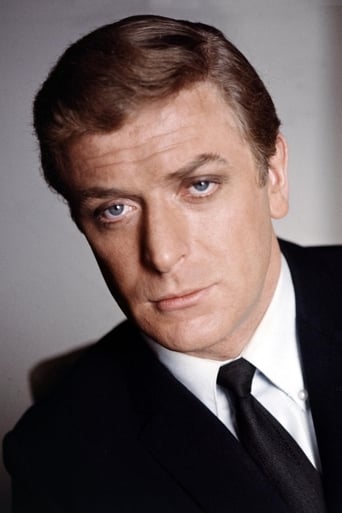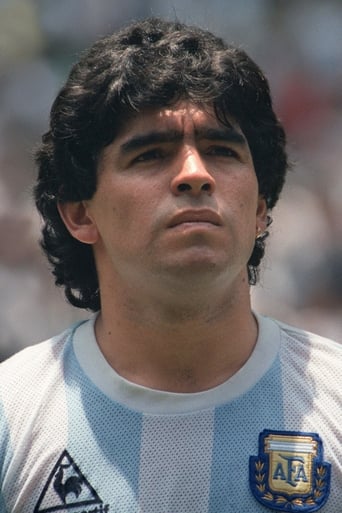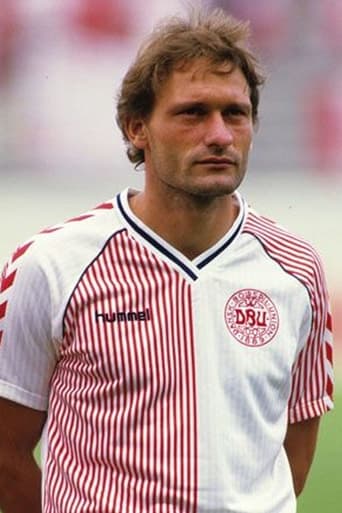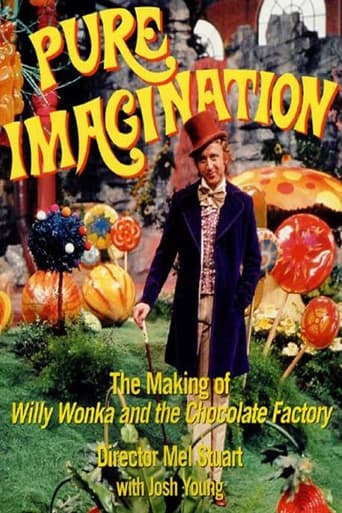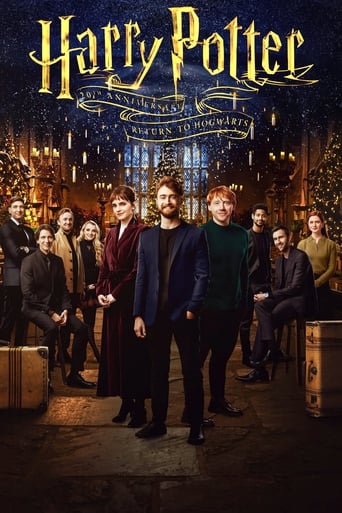Odelecol
Pretty good movie overall. First half was nothing special but it got better as it went along.
TaryBiggBall
It was OK. I don't see why everyone loves it so much. It wasn't very smart or deep or well-directed.
Lela
The tone of this movie is interesting -- the stakes are both dramatic and high, but it's balanced with a lot of fun, tongue and cheek dialogue.
Atiliano
This documentary of the 1986 FIFA World Cup is the best ever documentary of the game of soccer I have ever seen !!! And I have seen many documentaries of the game !!!The narration, editing, voice over of actual broadcasts, the music and their placement within the film - everything was just brilliant. From the background of the 1986 Mexico City earthquake at the beginning of the film, the introduction of the many famous players at the time, the sound of cheering squads from different countries and then to the final championship winning goal by Jorge Burruchaga the film never fails to thrill !!!Director and Writer Tony Maylam did a brilliant job !!! I just hope it won't be his last !!!
sharad
Of all the football films I have watched, this is one of the 2 best. The other being fever pitch. But Hero is about the greatest world cup ever and consequently arguably also the greatest player ever to play in a world cup, Diego Maradona. This story is centered around him principally but also revolves around the other giants of the game at the time.The musical score is evocative and the images are powerful. The narration by Michael Caine is suitably unbiased and also calmly dramatic. This story is not about the individual games of the world cup; rather it is more about the emotions of the players and the beauty of the event itself.Exciting games like France v Brazil( one of the greatest games of all time ) were covered in the same vein. The final Argentin v W Germany was also in the same vein. highly recommended. A classic of world football. to be watched over and over again, esp if you're a Maradona fan.
agustimatias
Diego Armando Maradona was, and still remains as the best football player, the game has offered. Not just an athlete, but an artist. This documetary if the 1986 World Cup will forever live in the memories of every football fan around the world. Because of his tremendous and unbelievable goal, which he scored against my own country(england). There's absolutely no point of diminishing this star. Although I dont undersand spanish, I can appreciate the argentine narrator. He actually cries of happiness, and can barely express his emotion..... Anything I wrote can be senseless and difficult to comprehend, but readers.....you have to watch this to know what I mean.
mwmonk
Diego Armando Maradona had been sixteen years of age in 1978 when Argentina won the World Cup at home. He was already the biggest star, and the greatest player in a country obsessed with football. Everybody had begged Cesar Luis Menotti to play the boy genius, but the manager thought that he was not yet ready.History records that Argentina won the 1978 World Cup fairly convincingly - they hadn't really needed Maradona. The same was not true in 1982. Spain was a catalogue of disaster for Argentina. Menotti - still chain smoking - played Diego this time, but the occasion was too much for such a temperamental boy. Maradona had signed for Barcelona on June 4 1982 for around $7 million - nine days later he played his first game at the Camp Nou and Belgium beat Argentina one-nil. It was not an auspicious debut, and even though he scored twice against Hungary in the next match, Maradona will remember the mundial as the site of his nadir - a crude, petulant foul on Brazil's Batista in the Second Round that abruptly ended his tournament and Argentina's reign as world champions.But now that was all behind him. Maradona had muddled his way through some crazy times at Barca, and left in 1984 to join Napoli. It was as if he was finally home. The Neapolitan tifosi had done everything to entice Maradona to poor, underachieving Napoli. Gifts from old women and pocket money from young boys nestled uncomfortably with the Camorra's millions as part of the transfer fee, and the city was determined to make him feel at home. So, for the time being at least, Maradona was El Rey - he brought his Argentine side to Mexico as one of the favourites, and with a new manager - Carlos Bilardo replacing Menotti.Maradona is the hero of this story, a one-man World Cup winning machine. In 1982, hundreds of young men had died in a pointless battle for the Falkland Isles; now the British press yearned for a rematch (with the same result) in Mexico City. Maradona was still regarded with distinction in England, remembered more for a superb performance in Britain during a 1980 tour than for Spain. But he was still an Argie: the enemy.England actually started well, and Lineker could have scored after only twelve minutes. A key event happened on 8 minutes. Fenwick, the big and limited English defender, was booked - he was now terrified of making any challenges around the penalty area.After a tense first 45 minutes, the second half started with a bang. Maradona danced forward after 50 minutes, but could find no way through. Similarly Valdano's attempt hit only white shirts. Then the moment of infamy that serves as Diego's epitaph. Hodge bizarrely hooked the ball back into his own penalty area, Shilton hurriedly jumped to claim - but there was Maradona, somehow rising above the English goalkeeper to thrust the ball into the net. How had he done it? Simple: handball.The most famous foul in football history passed in near slow motion. Every spectator waited for Mr Al-Sharif of Syria to blow for the foul (he didn't). Shilton looked and appealed to the linesman - he ran back to the centre circle. Unless he assassinates the Pope, or becomes the first man to step foot on Mars, when the great man dies this moment will be shown first - in long, lingering, slow motion, followed by the look of glee on his face. The next image will be his next gift to the world - the World Cup's finest goal.Burruchaga stroked the ball to Maradona who was ambling around on the right hand side of his own half. He span, and accelerated away from Beardsley and Reid. This was the real Diego - he burst through Butcher and attacked Fenwick. Fenwick now had the opportunity to stop the attack. Normally, he would have aimed his boot somewhere near Maradona's thigh - sure he would have picked up a red card, but who cares? Then Fenwick had a brainwave - he hesitated, and decided to run at Maradona waving his arms - perhaps he was trying to put him off? Diego shot into the box as Fenwick fell over. Butcher had been running alongside the genius as if he was offering encouragement. Shilton charged out in panic, and Maradona twisted around him and prepared to score. Now Butcher remembered his role and tried to cripple the Argentinean - instead he gave extra impetus to the shot, which smashed into the goal. England were coming home.During this magical Mexican summer, the world had found a successor for Pele. In fact the greatest ever footballer had been surpassed - Pele had been superb in 1958 and 1970, but had had great players all around him. Maradona did not. 1986 was his World Cup.

